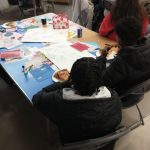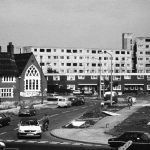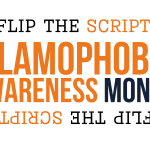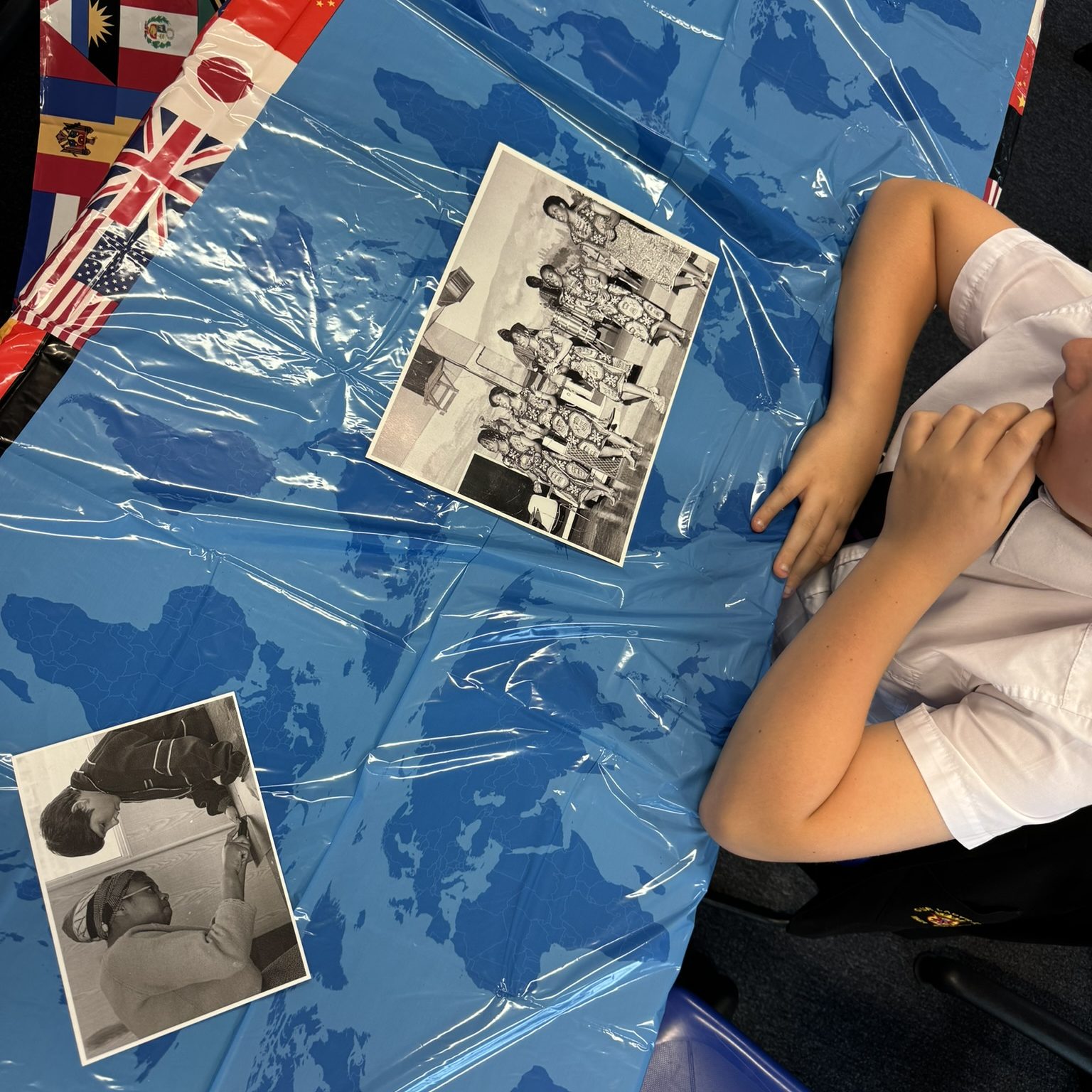Please note:
By Global Majority, we mean people with Caribbean, Latin America, Africa, the Middle East, East, South and South-East Asia, Oceania and Indigenous heritage.
By Educators, we mean anyone involved in educational work with young people. This could be teachers, youth workers, home educators, for example.
The Ahmed Iqbal Ullah RACE Centre & Education Trust is a specialist library and archive focusing on the history of Global Majority communities in Greater Manchester (and beyond), as well as anti-racist activism, refugeeism and migration, and the development of thinking about race and ethnicity. The RACE Centre is part of the University of Manchester and based at Manchester Central Library. Its sister organization, the Ahmed Iqbal Ullah Education Trust, delivers innovative community-led collecting and engagement.
We hold a unique set of library and archive collections relating to Global Majority communities and histories in Manchester and beyond.
Why the resources?
Supporting anti-racist education has always been a core part of our work, and we have long-standing relationships with schools and educators. However, there was a significant shift in summer 2020, in the wake of the racist murder of George Floyd. We began to receive far more requests for help from educators, wanting guidance and resources to talk about racism and anti-racism.
We were keen to avoid a knee-jerk and hasty reaction and to fall into performative action (there was enough of that around) and started a slow process of consultation, listening and research. A few clear truths emerged.
Many educators didn’t feel confident in this work. Many had no lived experience of racism and limited subject knowledge and were understandably anxious about how to manage complex discussions in their educational spaces.
Others were more experienced and confident but wanted up-to-date and relevant materials to work with. They wanted to be able to teach about Black histories and anti-racism all year round (not just during Black History Month) and they wanted to tell local stories (rather than well-trodden paths such as the American Civil Rights movement). With our history of anti-racist work and our unique set of collections, we felt there was a clear call to action for us.
How did we respond?
We decided to create a set of resources that educators could use in their work with young people.
Our resources would be collections-based, drawing on the incredible primary source materials we look after. Through our collections, we would tell local stories within broader narratives, thereby opening up histories well-known to the different communities we work with but often not part of formal education.
We would centre Global Majority histories, experiences, voices & perspectives rather than including them as an additional element to existing stories or at limited times (such as Black History Month). Young people would see their histories and cultures reflected back at them and would work with local stories that they are able to identify with.
We decided to take an inclusive and expansive approach and offer resources that work for a range of educational settings: schools, Pupil Referral Units, youth clubs, Supplementary Schools and home education.
What will our resources look like?
The resources will include blogs or guidance documents which offer contextual knowledge, equipping educators with key information. These will accompany educational activities – some detailed lesson plans, others offering different ideas for working with our primary source materials. Alongside this, we will offer reading and resource lists.
These resources will sit under the following themes:
- Legacies of empire: an honest look at the legacies of the British Empire and the Trans-Atlantic Slave Trade, and how they shape the world today
- Building communities: how Manchester’s Global Majority communities were founded and built.
- Pioneers: stories of people who came to Manchester and – often in the face of racism and hostility – achieved great things
- Women’s activism: examples of individual and collective activism led by women of colour
- Migration and the hostile environment: migration to Manchester and how people navigated UK immigration legislation and policy
- Refugeeism: experiences of refugees in Manchester
- Creativity and cultural expression: Global Majority communities and their cultural and creative practices
- Identity and faith: our individual and collective identities and the role of faith
- Activism, then and now: the different ways in which people and communities have resisted racism and discrimination
How can educators access the resources?
The resources will be free and available on the Support for Educators page on the Education Trust website. We will be releasing the first set of resources for Refugee Week 2025, and we will continue to share further resources as we develop them.
We ask anyone interested in working with the resources to register with us first. We will ask you to confirm you will only use the resources in educational settings (in order to comply with copyright and donors’ permissions). We will also ask for information such as your role and how you might use the resources in your work with young people; this will help us understand who is accessing the resources and why.
We will also invite anyone signing up to give us feedback on the resources, so we can improve or develop them as necessary and understand to what extent they are useful to educators.
To access the resources, please register here.
Other support for schools and educators
We have recently launched Cultivating Compassion and Critical Thinking, a guide for educators who wish to explore refugeeism with the young people that they work with. This guide sits alongside the educational activities we are launching for Refugee Week.
We are keen to support anti-racist work with young people in schools and communities. We regularly run engagement sessions with schools and youth groups, either at Manchester Central Library or in schools / youth settings. Please get in touch with us at [email protected] to find out more, or visit the Support for educators page on our website.





